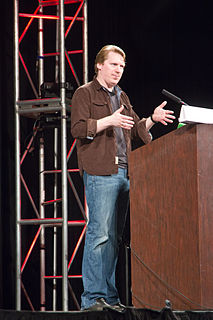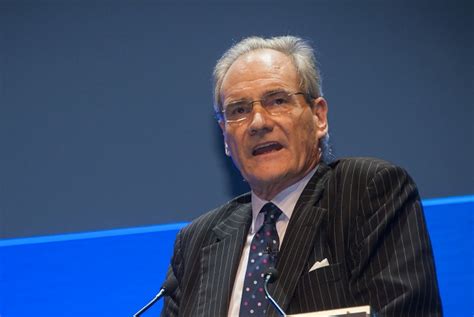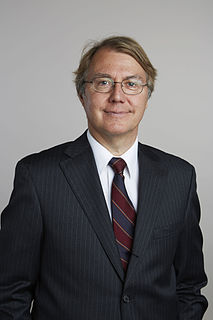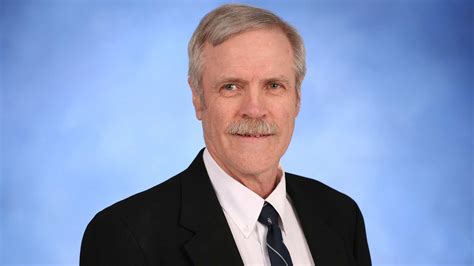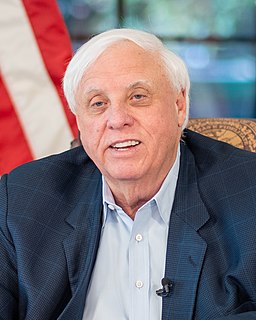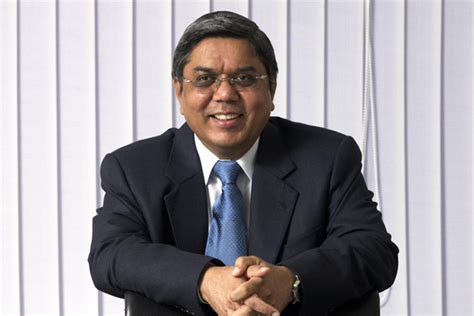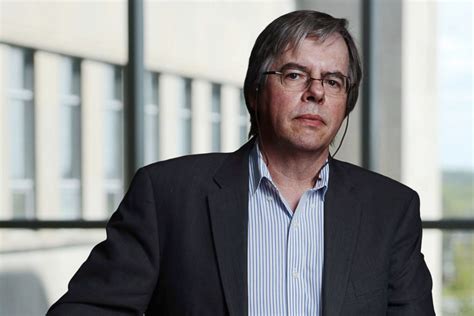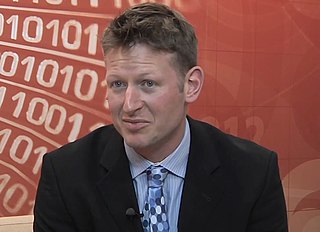Top 991 Carbon Dioxide Quotes & Sayings - Page 12
Explore popular Carbon Dioxide quotes.
Last updated on December 4, 2024.
We must not put pressure on people, but by providing information on the population and the environment, and appropriate contraception for everyone (and by their own example), doctors should help bring family size into the arena of environmental ethics, analogous to avoiding patio heaters and high carbon cars.
I'm interested in humor, and greeting cards just happen to be a perfect medium for my message. They're accessible to everyone, and thanks to all the advances that have been made by environmentally conscientious printers, I can get my message across while keeping my carbon footprint relatively small.
We are very confident that the data is showing that carbon capture and sequestration is technologically feasible and it's available. It has been successfully demonstrated and there are full-scale both conventional and unconventional coal projects with CCS that are moving forward. So there is no question that there's continued investment in this technology.






